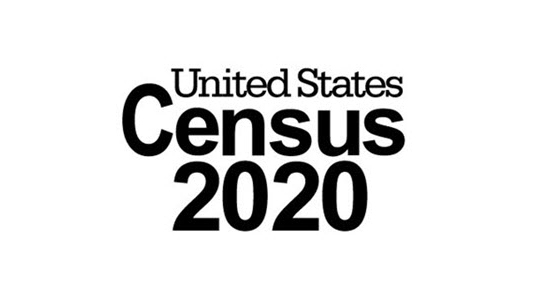On Sept. 5, the Trump administration announced that it would soon end the Deferred Action for Child Arrivals program (DACA), giving Congress six months to come up with a more permanent solution to the immigration issue. This now puts roughly 800,000 “Dreamers” (those protected by DACA) in jeopardy of deportation, including 17,000 young immigrants who reside in Colorado.
The decision was made after ten state attorney generals and the governor of Idaho threatened to sue if the program was not phased out. Now that DACA has a set end date, three state attorney generals and the governor of New York have pledged legal action to defend DACA recipients.
The Obama administration created the program in 2012 via executive order after Congress’s inability to pass the “DREAM Act of 2010” by a margin of 4 senate votes (56-43).
The DACA program gives immigrants permission to work, grants social security numbers and driver’s licenses, and prevents the deportation of children brought into the U.S. illegally by their parents. To become DACA eligible, applicants must have come to the U.S. before the age of 16, have lived here since 2007, be no older than 31 years old from the start of the program, and have a spotless criminal history.
Colorado’s legislators viewed the news with mixed results, mostly falling along party lines. Colorado’s senior senator, Michael Bennet (D), called it “a devastating betrayal” and said that it was “the height of cruelty;” contrastingly, Colorado’s junior senator from across the aisle, Cory Gardner (R), blamed the previous administration for the situation because it created DACA “through executive action” rather than “through Congress”.
Colorado’s House Representatives had similar statements based on their political affiliations with Democratic members expressing disappointment and disgust with Trump’s decision and Republican members supporting a more permanent legislative solution to fix the nation’s illegal immigration problem.
Even before it was officially announced that DACA would be ending, Colorado School of Mines stood in support of the program.
In a Sept. 1 letter, President Paul Johnson, along with over 700 university presidents across the U.S., signed a national letter of solidarity released by Pomona College urging the current administration and Congress to do more to protect and expand the DACA program.
On Sept. 7, two days after the program ended, President Johnson reassured the Mines community that the recent decision “will not deter us in our resolve to be a community that welcomes, respects, and supports each other, no matter our origins, backgrounds or religious beliefs.”




'Mines Builds Community Amidst DACA Controversy' has no comments
Be the first to comment this post!